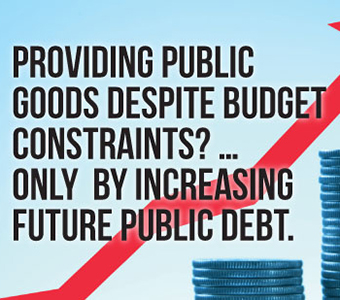The United Nations Department of Economic and Social Affairs (UN/DESA) has just released a Working Paper called Public-Private Partnerships and the 2030 Agenda for Sustainable Development: Fit for purpose? [pdf]. The paper includes many of the concerns raised by civil society organisations during the last few years and identifies areas requiring better understanding and institutional innovation for ensuring value for money, minimising contingent fiscal risk and improving accountability. It also finds that there is a need for a common definition of PPPs and internationally accepted guidelines, including uniform accounting and reporting standards.
Perhaps most notably, the paper includes the following finding:
“… the evidence suggests that PPPs have often tended to be more expensive than the alternative of public procurement while in a number of instances they have failed to deliver the envisaged gains in quality of service provision, including its efficiency, coverage and development impact. In other words, they have failed to yield ‘value for money’ in its broadest sense taking into account not just the financial costs and efficiency gains deriving from a project but also its longer-term fiscal implications (including the risks of any contingency liabilities) as well as the broader welfare benefits for society such as the impact on poverty and sustainable development.”
We couldn’t have put it better ourselves, but for a more detailed argumentation and case studies illustrating these points, see our website Overpriced and underwritten: The hidden costs of public-private partnerships.
Never miss an update
We expose the risks of international public finance and bring critical updates from the ground – straight to your inbox.
Institution: EBRD | EIB | World Bank Group
Theme: Social & economic impacts
Tags: PPP | UN/DESA | United Nations | accountability | financial risk | public-private partnerships


